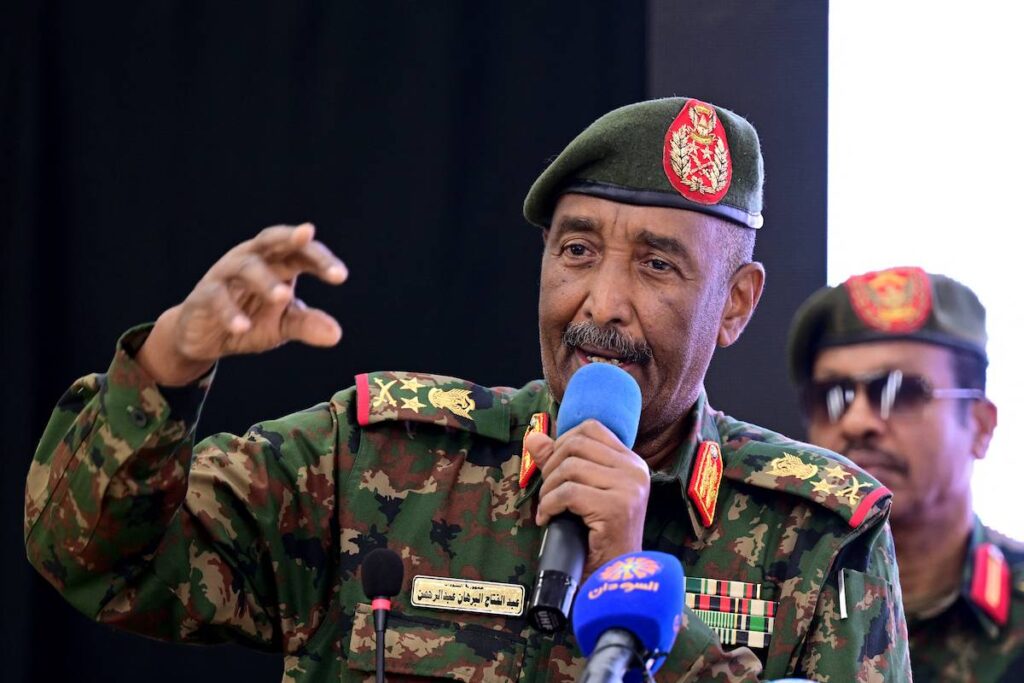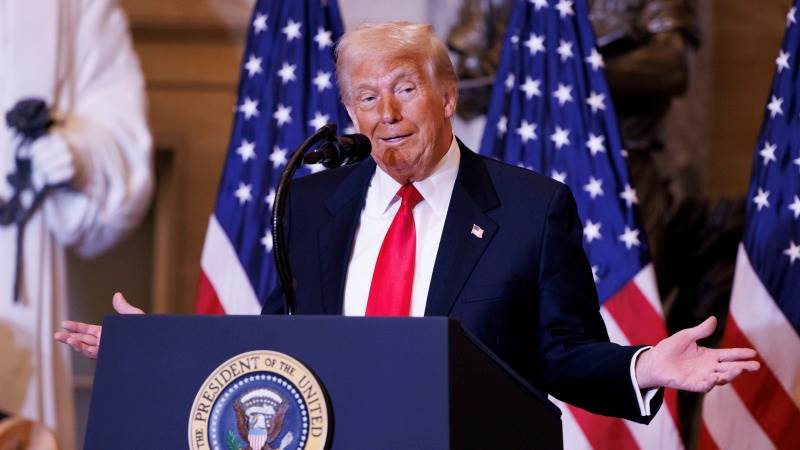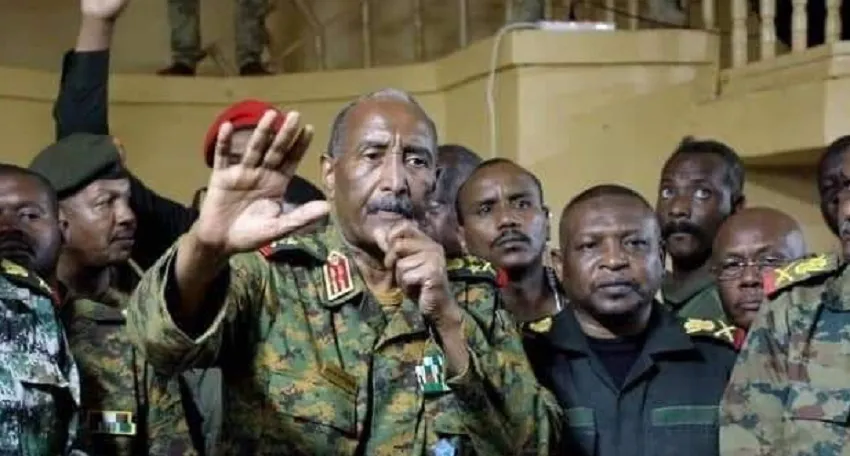
Sudanese Sovereignty Council chief Abdel Fattah al-Burhan has agreed to recognize Egypt’s claim over the disputed Halayeb-Shalateen-Abu Ramad Triangle in return for military backing from Cairo, according to documents and political sources.
A letter dated May 11, 2025, from the Port Sudan-based Sovereignty Council to Sudan’s National Border Authority instructed officials to adopt a map placing the triangle inside Egyptian territory in upcoming maritime boundary talks with Saudi Arabia. The directive followed a meeting between al-Burhan and Egyptian President Abdel Fattah el-Sisi, where the deal was reportedly sealed.
The decision effectively formalizes Egypt’s control over the “Gold Triangle,” occupied by Egyptian forces since 1995 after Sudan’s failed assassination attempt on then-President Hosni Mubarak in Addis Ababa. Khartoum’s previous governments had pressed for international arbitration, which Cairo repeatedly rejected, insisting the territory was sovereign Egyptian land and pointing to its administrative and military presence.
Critics liken al-Burhan’s move to the concessions of the medieval Andalusian kings, accusing him of trading ancestral land for foreign arms to fuel Sudan’s civil war. Observers note the agreement comes as Sudan also faces pressure from Saudi Arabia — a key backer of al-Burhan — over Red Sea resource rights. Riyadh and Khartoum signed a 1974 accord on joint exploitation of seabed resources, but the maritime boundaries remain unresolved.
The Gold Triangle’s strategic location and mineral wealth make it one of the most valuable tracts on the Red Sea coast. Analysts warn the concession could embolden further encroachments by Egypt and Saudi Arabia on Sudanese territory as al-Burhan’s forces seek outside support.
Egyptian media figures close to state security have framed the deal as a step toward “clarifying” maritime boundaries. Sudanese opponents, however, see it as part of a broader plan by the Port Sudan junta and allied Islamist factions to divide Sudan and strip certain ethnic groups of political and territorial rights.
The United Nations has received a “roadmap” from the Port Sudan junta outlining a political restructuring that opponents say would cement these territorial losses. Critics warn that ceding land under foreign pressure will have lasting consequences for Sudan’s sovereignty, unity, and demographic future.




